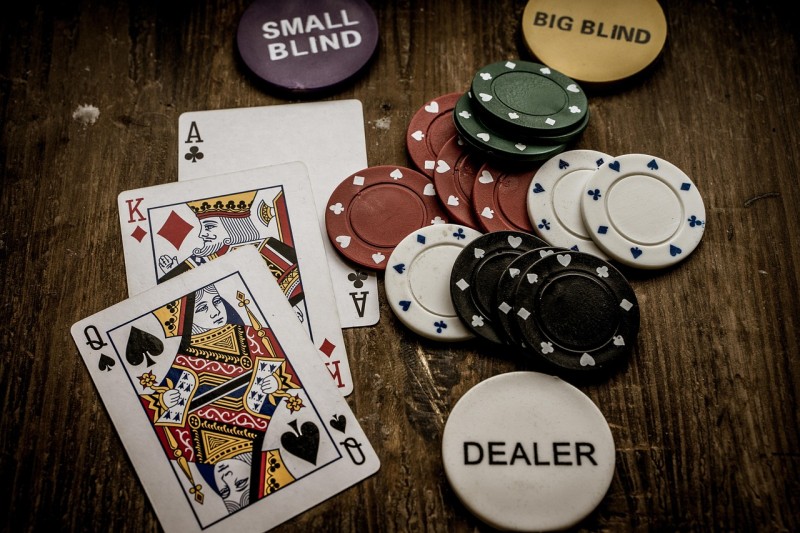Introduction
Many people find gambling enjoyable because it delivers excitement together with a thrilling feeling. Gambling starts as an enjoyable pastime for numerous individuals but some people face rapid deterioration that leads to monetary problems and mental breakdowns and relationship disruptions. Process addiction describes gambling addiction because it means compulsive actions instead of repeated substance use. Timely intervention requires individuals to detect the signs that indicate gambling has become a problem.
How to Recognize Gambling Addiction
Certain observable symptoms reveal that habit worsened into a disorder for those who gamble. A gambling addiction may be present when a person displays the following characteristics repeatedly:
- Defensive Behavior: When someone displays defensiveness during queries about their gambling activities we should suspect that they carry an unseen concern.
- Financial Problems: Accumulating debt and lender phone calls represent serious signs while problems accessing financial aid because of excessive gambling activities also signal a dangerous problem.
- Workplace Issues: Gambling addicts suffer from workplace challenges which includes poor concentration which results in employment loss and ruined agreements and professional prospects.
- Relationship Struggles: Gamblers frequently experience relationship issues which result in relationship breakups and splits up to divorce between partners.
- Constant Preoccupation: An excessive preoccupation with gambling usually indicates an unhealthy attachment to the activity if it reminds you throughout the day even in small moments like fifteen minutes at a time.
- Gambling at Inappropriate Times: People who engage in gambling during gatherings or professional times as well as social meetings typically demonstrate impulsive behavior.
- Physical Effects: The excessive practice of gambling creates persistent physical health issues which include frequent pain symptoms and sleep patterns disturbance and persistent weight instability and chronic fatigue symptoms.
Who Is More Vulnerable to Gambling Addiction?
Anyone can develop gambling addiction however certain people become more likely to experience gambling addiction because of mental health conditions and occupational stress or lifestyle choices. The following groups should exercise extreme caution when concerning gambling activities:
- Mental Health Conditions: Depression as well as bipolar disorder and schizophrenia together with alcohol addiction create higher chances for Gambling Addiction to affect people.
- Certain Professions: Studies indicate military personnel alongside professional athletes experience higher gambling problems because their jobs entail high stress together with intense competition.
What to Do If Gambling Feels Uncontrollable
Starting treatment requires one to recognize the problem exists. People who face challenges with temporary gambling cessation need to look for professional counseling right away. Therapy in combination with support groups offers patients strategies for controlling problematic gambling behaviors.
The Bottom Line
The point at which someone begins to doubt if gambling turns into an addiction marks their growing worry about the situation. A two-month gambling break may help people determine their situation better. When surviving the temptation becomes difficult you need to consult professional assistance. Professional assistance exists to treat gambling addiction therefore people who seek support can successfully eliminate their condition thus creating a path for personal recovery.
Interested in sharing insights on gambling-related topics? Contribute to our Write For Us Gambling Guest Post section and help spread awareness about responsible gambling.
Also Read: The Hidden Side of Gambling: Risks, Realities, and Recovery

